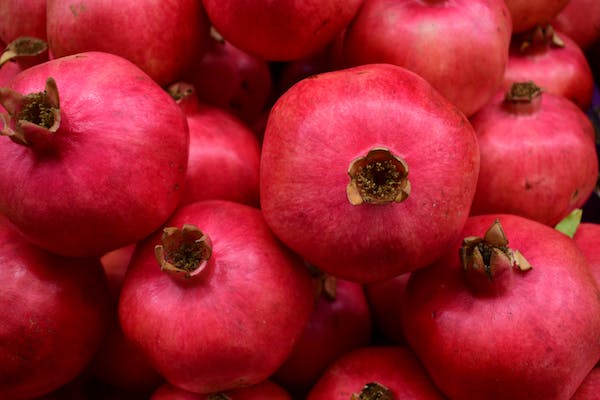-
During the Ramadan fast
-
Avoid overeating, which can result in fatigue, stomach problems, heartburn, and weight gain.
-
Drink plenty of water
-
Moderate exercise during Ramadan can help boost your energy levels and improve your overall health.
-
If you are feeling fatigued or dehydrated, seek support from family, friends, healthcare professionals, and diet planners like Womenphase
Ramadan the honorable and blessed month is here again. It’s that time of year again! It’s the month of Ramadan, and you know what that means – time to put on our fasting pants!
This holy month is observed by millions of Muslims around the world, as we say goodbye to food and drinks during the day and hello to long nights of feasting and merrymaking.
While fasting during Ramadan is a significant aspect of this month, it can also lead to fatigue, nausea, and dehydration if the holy month of Ramadan occurs in high summer temperatures.
Fasting for long hours, especially during hot summer days, can take a toll on the body, leaving many people feeling exhausted and dehydrated. Fortunately, there are ways to combat these feelings and make the most of your fast.
Here are some tips to help you avoid feeling fatigued and dehydrated during Ramadan fasting:
1. Stay hydrated during Ramadan

Dehydration is what many battle with during Ramadan fasting. The key to avoiding dehydration during Ramadan is to drink plenty of water and fluids during the non-fasting hours.
It is essential to drink at least 8 glasses of water per day to keep the body hydrated while ensuring the addition of electrolytes to your water.
Electrolytes like coconut water, milk, Gatorade, Powerade, watermelon, etc. Avoid caffeinated and sugary drinks, as they can lead to dehydration.
2. Eat a balanced diet while fasting Ramadan
Another area of challenge that people encounter during Ramadan fasting is diet planning. You do not eat anyhow to avoid some health issues. A balanced diet is healthy during Ramadan fasting.
Make sure to eat enough proteins, some healthy fat sources, and a small number of complex carbohydrates. Avoid eating too much fried or spicy food, as they can cause indigestion and fatigue.
3. Break your fast with Dates and Water
Whenever you want to break your fast, always remember that dates are an excellent source of energy and traditional food for breaking the fast.
Dates provide the body with essential nutrients the body needs during fasting, such as potassium, magnesium, and fiber, that help keep energy levels up.
Drinking water before and after eating dates will also help keep the body hydrated and avoid fatigue.
4. Take a nap

Short sleep is necessary to maintain good health during fasting and prevent weariness or dehydration. Although while taking a short nap during the Ramadan seasonal fast may sound strange, it’s a wise choice.
You may boost your energy levels and feel less tired by napping during the day. After the midday prayer, try to snooze in the early afternoon.
5. Avoid strenuous activities during Ramadan
Heavy duty during a fast can get you tired easily and dehydrated. Try to avoid any strenuous activities that can cause fatigue during the day.
It is healthy to retain some level of energy during the fast. Focus more on activities that are relaxing and calming.
6. Exercise moderately

Too much of anything can make you sick. the same thing applies to doing excess exercise during fasting. Moderate exercise during Ramadan can help boost your energy levels and improve your overall health.
Try to engage in low-intensity workouts, such as walking, stretching, or yoga, during the non-fasting hours. However, avoid high-intensity workouts that can cause fatigue and dehydration.
7. Avoid overeating during Ramadan

Funny how individuals often overeat to make up for the hours they are fasting, which can result in fatigue, stomach problems, heartburn, and weight gain.
Indigestion during the fasting period might also result from overeating during the non-fasting hours. Particularly for adolescents and teens, it’s healthy to eat moderately and avoid overeating.
8. Seek support
During the Ramadan fast, If you are feeling fatigued or dehydrated, seek support from family, friends, healthcare professionals, and diet planners like Womenphase. They can offer advice, encouragement, and support to help you through the fasting period.
Wrap up
Remember, fasting during Ramadan is a spiritual practice that requires discipline, patience, and self-control. By following these tips and staying mindful of your body’s needs, you can enjoy a healthy and fulfilling Ramadan fast.
And don’t forget, you can always book a customized food plan suitable for any health condition with womenphase to ensure that you are meeting your dietary needs during this holy month.










Pingback: How To Keep Your Blood Sugar Steady While Fasting For Ramadan - Women Phase